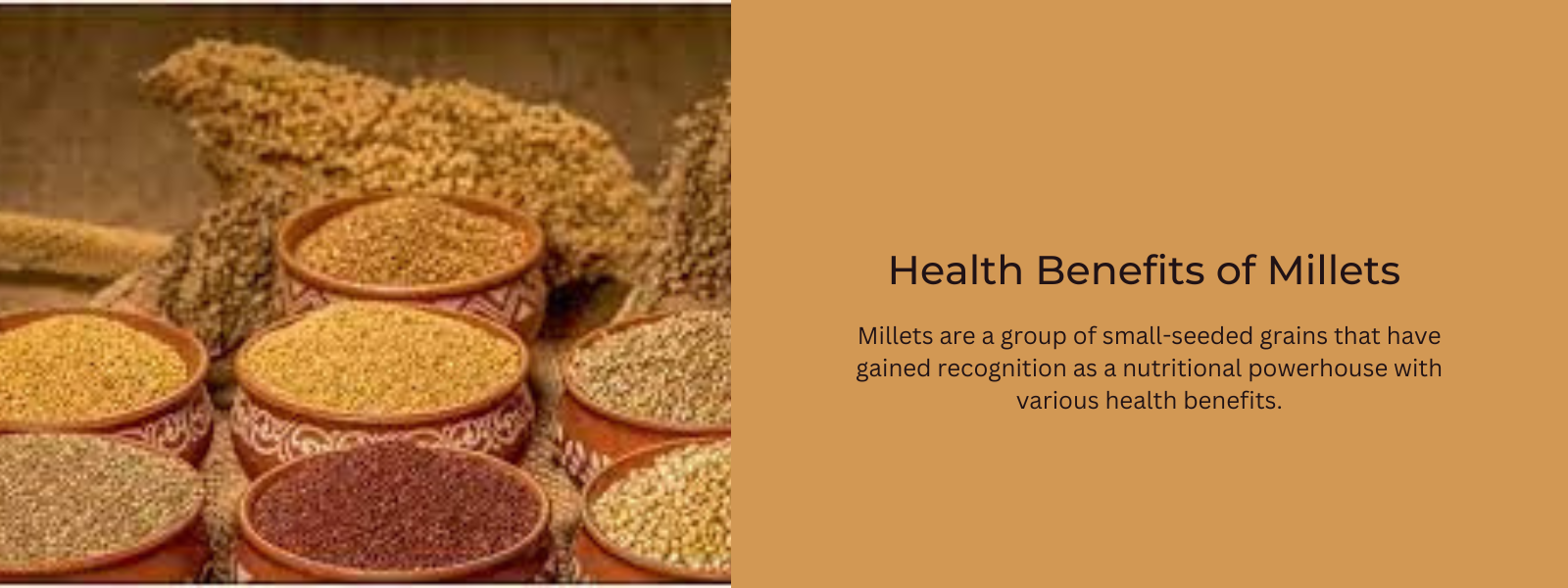Millets have emerged as a potential contributor to reducing the risk of colon cancer due to their inherent nutritional composition. These grains contain high levels of dietary fiber, antioxidants, vitamins, and minerals, which collectively play a role in promoting colon health. The fiber content aids in maintaining bowel regularity and encourages healthy digestion, potentially reducing the time cancer-causing substances spend in the colon. Additionally, antioxidants found in millets may help combat oxidative stress and inflammation, which are associated with cancer development. While research on the direct impact of millets on preventing colon cancer is ongoing, incorporating these grains into a balanced diet rich in fruits, vegetables, and whole grains may contribute positively to colon health and potentially lower the risk of colon cancer.
Table of Contents
What Is Colon Cancer?
Colon cancer, also known as colorectal cancer, refers to cancer that originates in the colon or rectum, both part of the large intestine. It typically begins as small growths called polyps on the inner lining of the colon or rectum. Over time, some polyps can develop into cancer.
Symptoms of colon cancer can include changes in bowel habits (such as diarrhea or constipation), rectal bleeding, abdominal discomfort, unexplained weight loss, fatigue, or a feeling that the bowel doesn't empty completely.
Colon cancer is among the most common types of cancer, but it is also one of the most treatable when detected early. Screening tests like colonoscopies can help identify and remove polyps before they become cancerous or detect cancer at an early stage when it's more treatable. Treatment options for colon cancer may involve surgery, chemotherapy, radiation therapy, or a combination of these, depending on the stage and extent of the cancer. Early detection and prompt treatment are essential in managing colon cancer and improving outcomes.
Can Millet Prevent Colon Cancer?
Millets contain various nutrients and dietary components that may contribute to maintaining overall colon health, potentially reducing the risk of colon cancer. These grains are rich in dietary fiber, which aids in promoting healthy digestion and regular bowel movements. Adequate fiber intake is associated with a decreased risk of colon cancer by supporting efficient waste removal from the body and reducing the time harmful substances spend in the colon.
Moreover, millets contain antioxidants, vitamins, and minerals that help combat oxidative stress and inflammation in the body, factors that could play a role in cancer development, including colon cancer. These components work together to support overall gut health and may contribute positively to reducing the risk of colon cancer.
While scientific studies suggest that a diet high in whole grains, including millets, may be associated with a lower risk of colon cancer, more research is needed to establish a direct and conclusive link between millet consumption and colon cancer prevention.
Does Antioxidant in Millet Help In Preventing Colon Cancer?
Antioxidants found in millets, such as phenolic compounds, flavonoids, and other phytochemicals, play a crucial role in potentially preventing colon cancer by combating oxidative stress and inflammation in the body.
Oxidative stress occurs when there is an imbalance between free radicals and antioxidants in the body. Free radicals, produced naturally during metabolic processes or due to external factors like pollution or UV radiation, can cause damage to cells, DNA, and tissues. This damage can lead to chronic inflammation and contribute to the development of various diseases, including cancer.
Antioxidants found in millets neutralize these harmful free radicals, reducing oxidative stress and minimizing cell damage. By doing so, antioxidants help protect cells and tissues from potential harm and support overall cellular health. Additionally, they may also regulate signaling pathways involved in inflammation, potentially reducing chronic inflammation linked to cancer development, including colon cancer.
While research on the direct impact of antioxidants in millets on preventing colon cancer is ongoing, their ability to counter oxidative stress and mitigate inflammation suggests a potential role in reducing the risk of cancer development.











Leave a comment